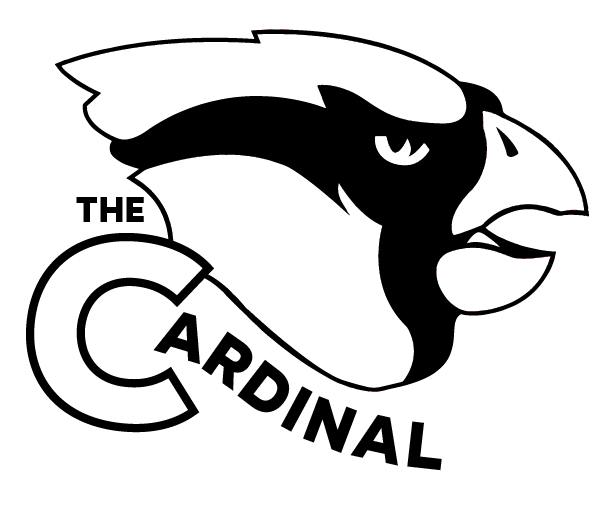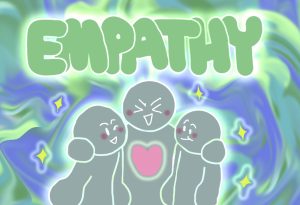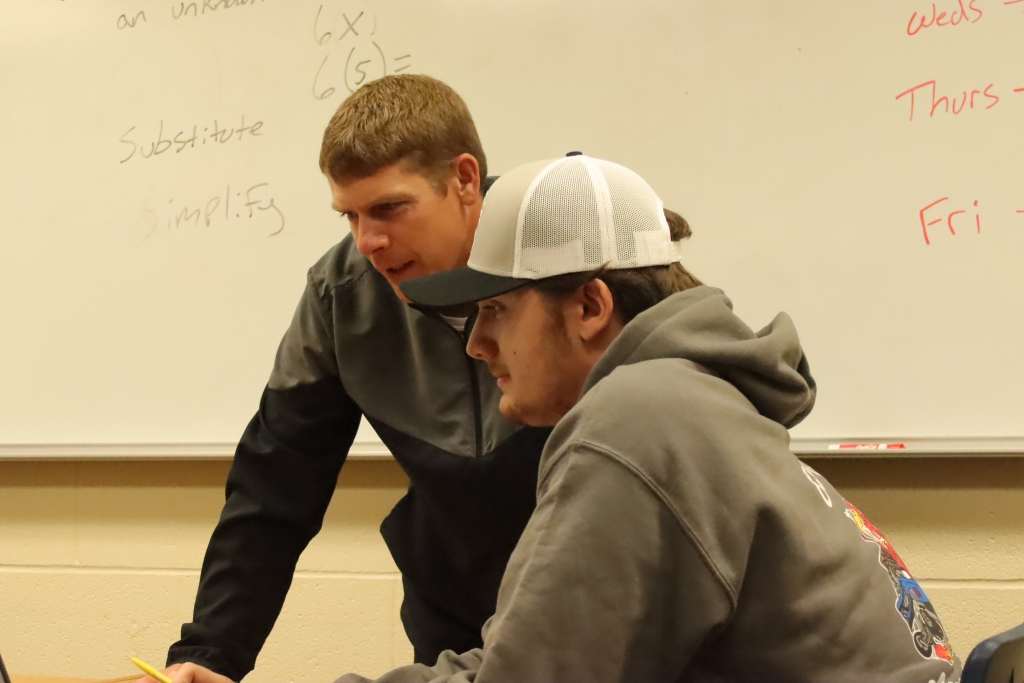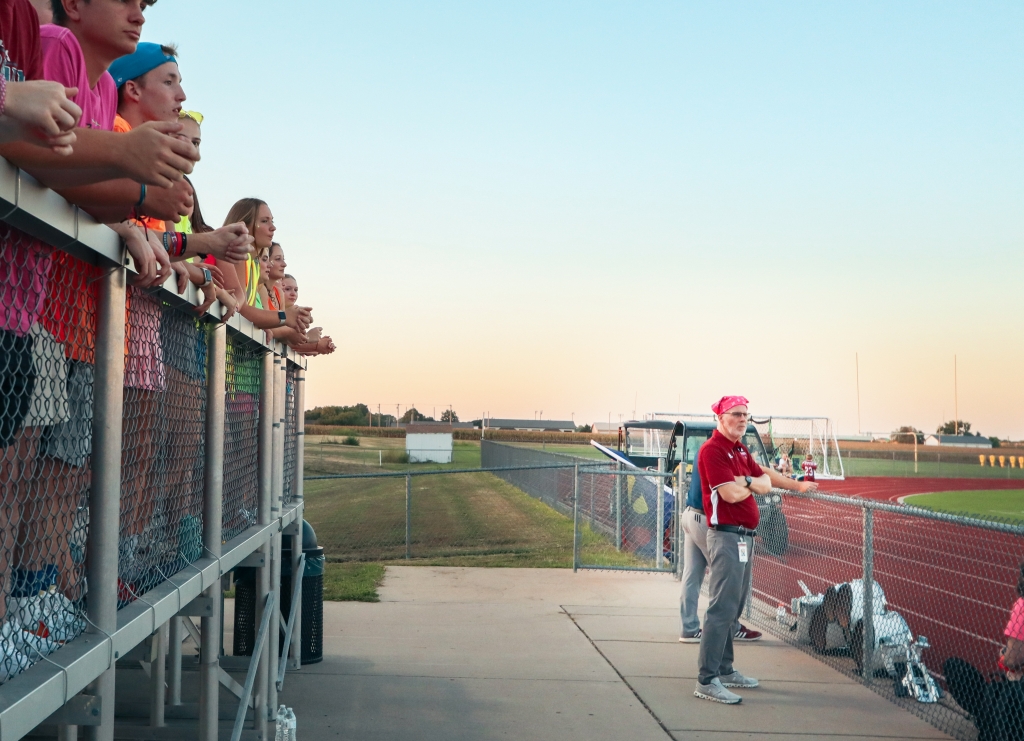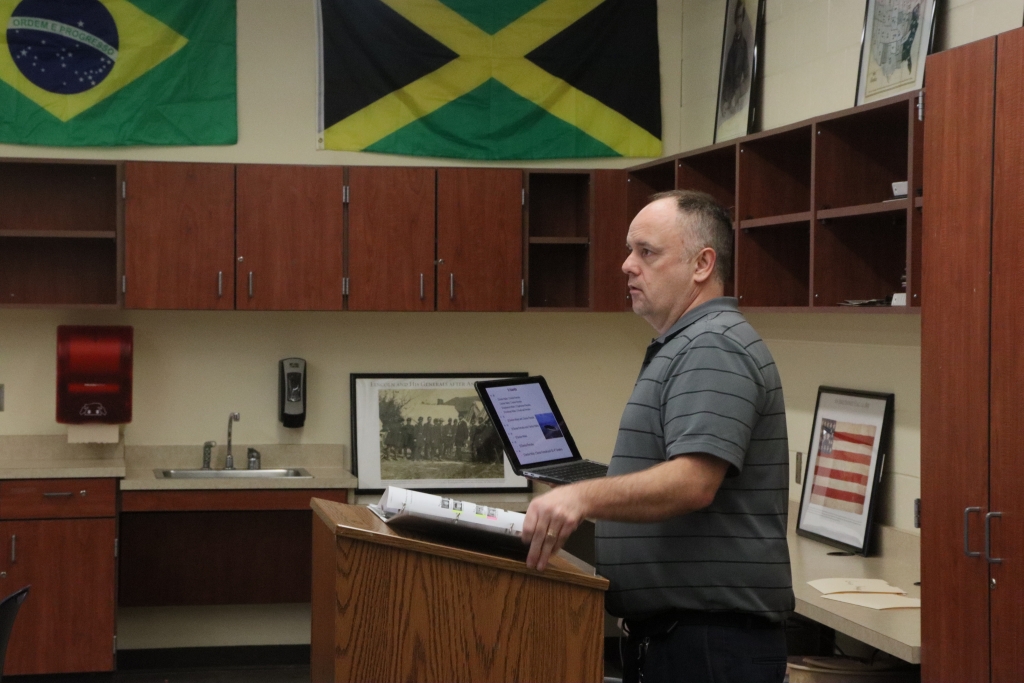FOMO
Story by Fabian Rosales »
Nowadays, social media plays a prominent role in our lives. According to CNN, teens spend up to nine hours on social media each day.
“I use social media everyday,” said Joshua Meuffel, Sr.
This abundant use of social media may be a great thing, but it also can hurt some people. Many people experience FOMO, the fear of missing out. On the app Snapchat, you can send pictures to your friends and post on your story.
However, in the middle of the summer, Snapchat released “Snapmap,” a map that is used to see where your friends are. This new feature has been said to be useful, but it has also put a toll on some relationships as well. Since you’re able to see where your friends are, you can also see them hanging out with you – or without you.
“Snapmap makes me uncomfortable because you shouldn’t be able to see where all of your friends are all the time,” said Kayla Hernandez, Sr.
Hernandez also decided to give up social media all together.
“It’s kinda weird, but I don’t know what people are talking about at school because it’s on social media, but it’s nice to not be checking social media,” Hernandez said.
The constant checking in is what fuels FOMO. On social media, posting a fun night out with friends can hurt that one friend you may not have thought about inviting.
Snapchat isn’t the only social media platform that causes problems: Facebook, Twitter, and Instagram can all cause problems. Sometimes it isn’t just friends not inviting you to functions, but being grounded that prevents people from socializing. Emma Foster, Jr., was grounded for a while and couldn’t go anywhere.
“I kept on hearing all my friends talk about their plans and I got really sad because I knew I couldn’t go,” Foster said.
Friends seeing what they missed out the next day can also get very depressing. According to ABC News, teenagers who heavily use social media are more likely to get anxiety and depression than those who do not use it as much.
“One in two teenagers feels they are ‘missing out’ on the seemingly perfect lives that others portray through social media,” a survey by the Australian Psychology Society found.
“I don’t think social media is a big distraction,” Hernandez said, “but it’s something we don’t need.”
